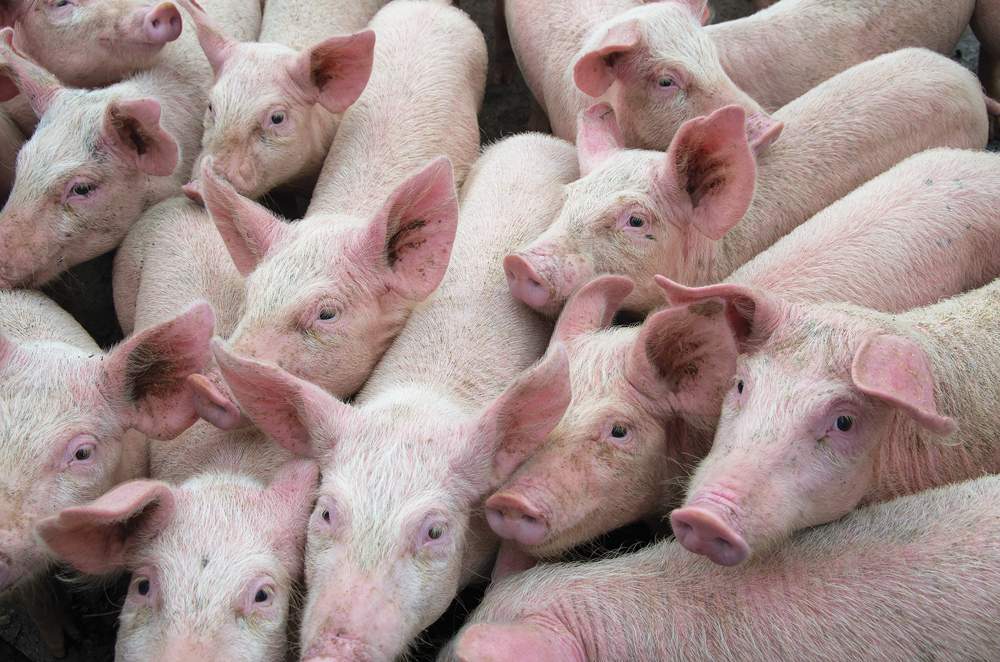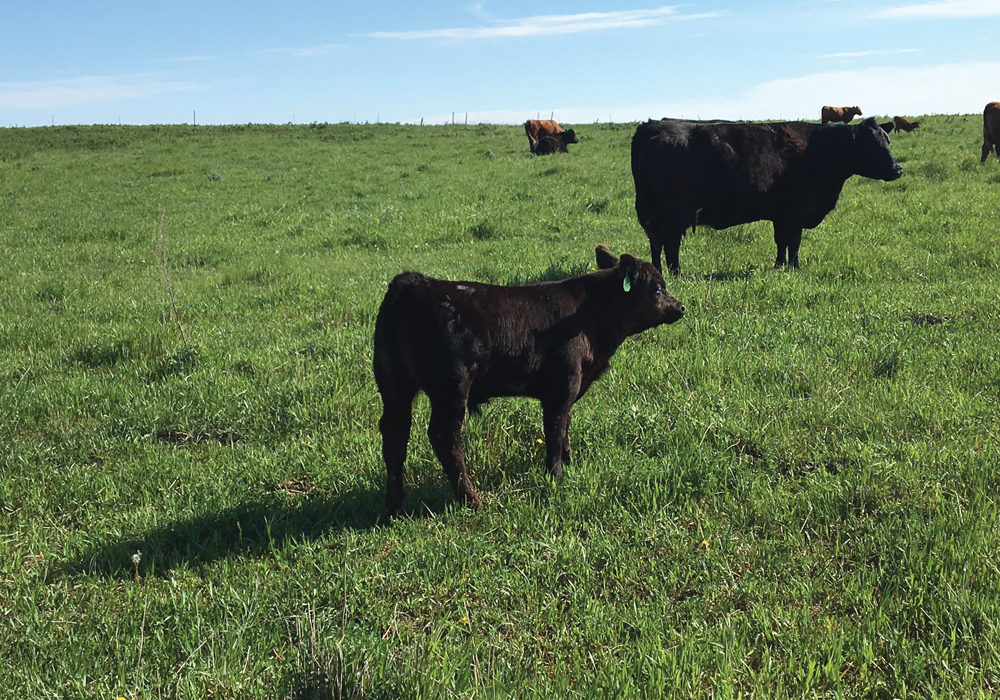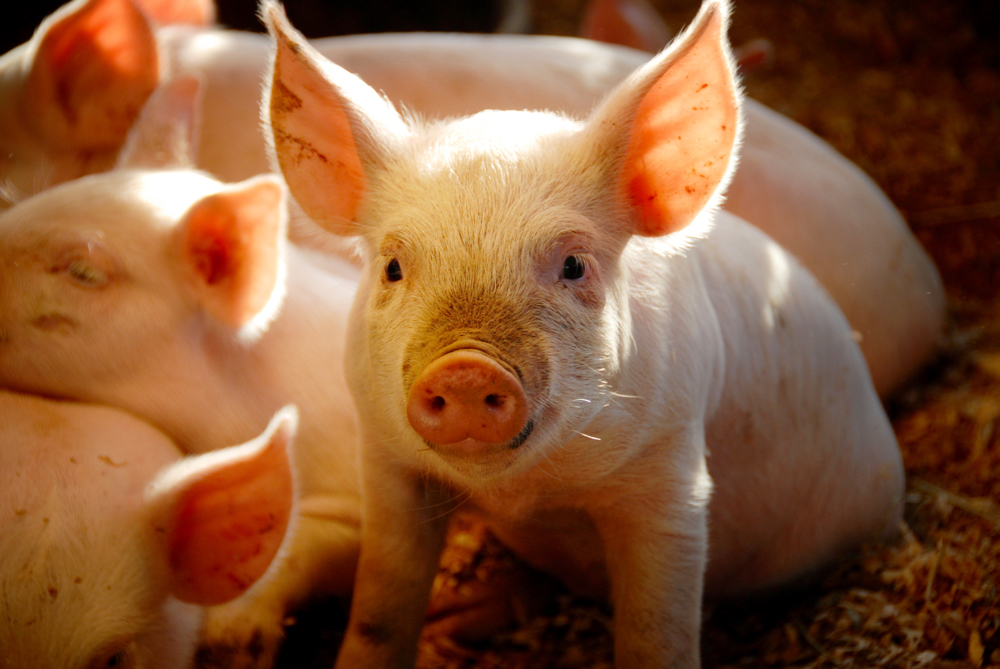U. S. doctors have been told to temporarily stop using GlaxoSmithKline Plc’sRotarix vaccine against a diarrhea-causing virus called rotavirus because it is contaminated with porcine circovirus Type 1, the company said March 22.
The virus is not known to cause disease in humans or animals, but the U. S. Food and Drug Administration is suspending its use while they investigate further, the company said.
“PCV-1 does not multiply in humans and is not known to cause illness in humans. It is found in everyday meat products and is frequently eaten with no resulting disease or illness,” the company said in a statement.
Read Also

Pig transport stress costs pork sector
Popular livestock trailer designs also increase pig stress during transportation, hitting at meat quality, animal welfare and farm profit, Agriculture and Agri-Food Canada researcher says
“This notwithstanding, the FDA is recommending that U. S. clinicians and public health professionals temporarily suspend the use of Rotarix as a precautionary measure,” Glaxo added.
“The FDA has also stated that it intends to convene an advisory committee, within approximately four to six weeks, to review the available data and make recommendations on rotavirus vaccines licensed in the USA.”
Circoviruses are tiny animal viruses. Porcine circovirus Type 2 or PCV-2 is believed to cause postweaning multisystemic wasting syndrome in young piglets, marked by diar rhea and an inability to gain weight. PCV-1 is related but appears to cause no disease in pigs.
Tests in human cells showed PCV-2 could damage the cells but PCV-1 did not.
Rotavirus can kills babies and young children within days by causing severe diarrhea. It kills more than 500,000 children under five every year, nearly half of them in Africa. Rotavirus vaccines are now given as part of the standard immunizations in developed countries.
Merck and Co. Inc. makes a rotavirus vaccine called RotaTeq, which is not affected.


















